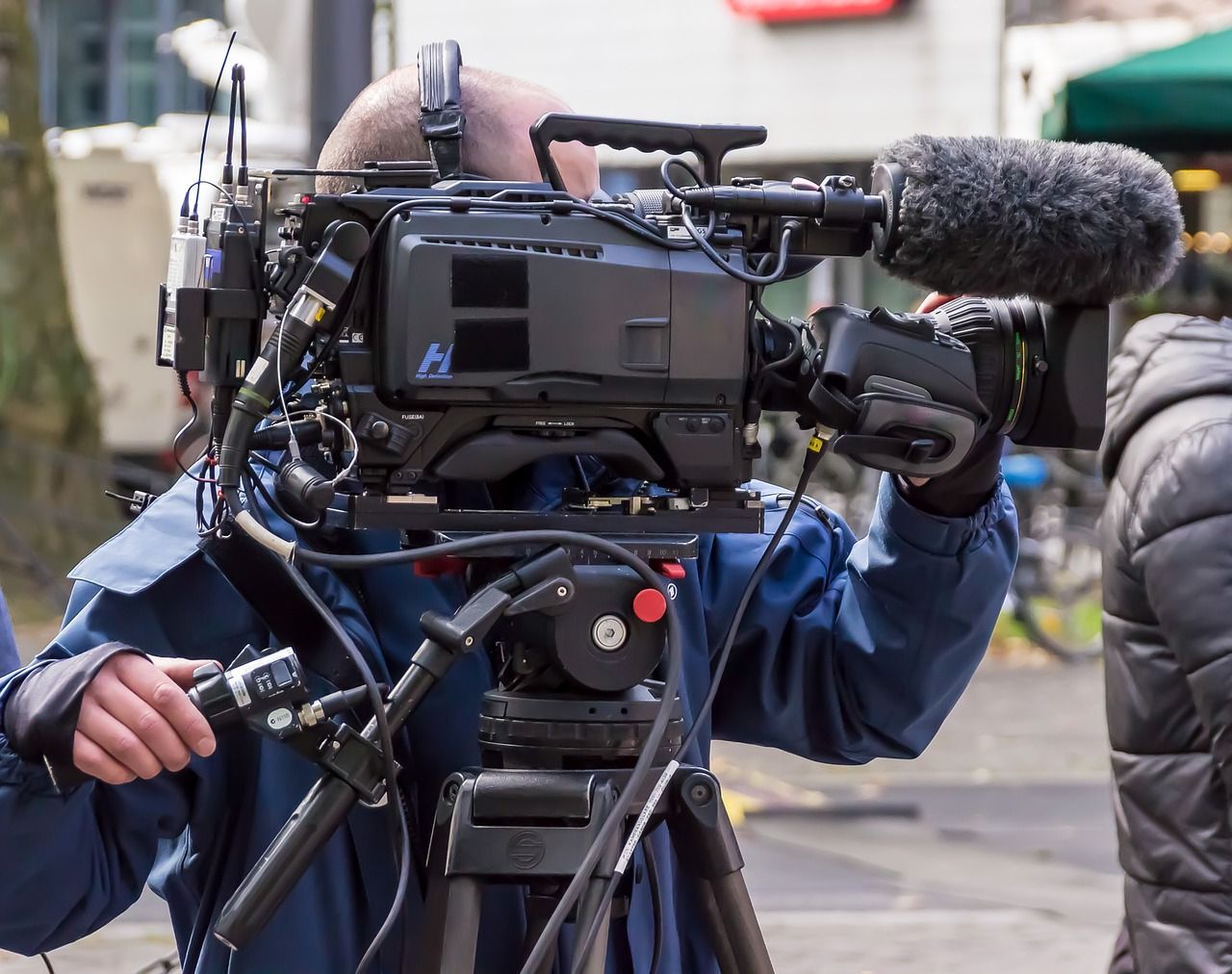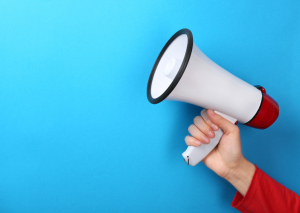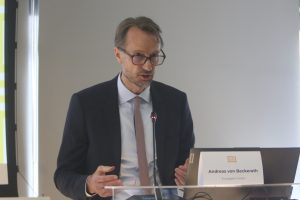The presence of cameras during protests becomes a key factor in documenting police actions, but also a source of tension among participants. While lawyers warn against the misuse of surveillance footage in Belgrade, N1 journalist Petar Gajić points out that objective reporting and recording of events of public interest represents the protection of citizens’ rights – and an obstacle to possible police brutality.
NUNS lawyer Rad Đurić is worried about the cameras installed without permission in Belgrade because, as he says, it is clear who is recording, how they are recording and how the data is processed.
Journalist N1 also explains how to act when citizens ask not to be filmed.
“When a journalist is on a public surface and when people are there, a journalist is allowed to film them. But, if the atmosphere is tense, it is wise for the journalist not to get into a conflict and listen to them and try to do the job in an alternative way,” explained Petar Gajić.
He also explained how to deal with the police force.
“It is important to say that when the police and gendarmerie intervene in such situations, they shy away from cameras. The presence of cameras helps people who are at a protest to avoid more brutality. If there were no videos of those events available, the police would not take care… everything that happened would be more brutal, demonstrations would be broken up faster, and there would be many more injured. They would have a problem showing and proving injuries,” says the journalist.
The NUNS lawyer also explains the duties of journalists in such situations.
“What the Law on Public Information requires us to do, the journalist is obliged to present as objective a picture as possible so that the public is aware of the events, because it is an event of public interest. It is important that we record the actions of the official and so that we have enough information about whether force was exceeded… This is one protection for citizens, especially if we have serious excesses of force, which is important evidence later,” he explains.
Gajić states what else is important in order to guarantee the safety of journalists.
“It is important to emphasize to the person who treats you that you are a journalist, to emphasize which company you work for and, if possible, that you are in the program live. When a journalist finds himself in front of a cordon of the police or the Gendarmerie, it would be good, and that is what we did, for him to approach the police, address them, tell them that he is a journalist, say that he will report and wait for one of the members of that unit, and this is usually a person holding a phone and not wearing a helmet, so it is not a person who will to intervene, a picture. It is a practice for that person to share your pictures with other colleagues and it is more likely that someone will not hit you with a baton or that they will at least be a little more considerate. It is good that you are marked, that you have a PRESS vest,” he pointed out.




